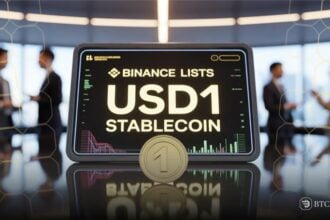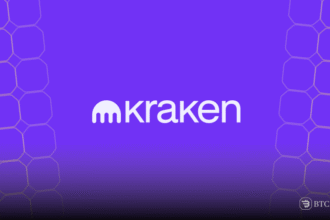Binance has formally launched the 19th HODLer Airdrops project, Haedal Protocol (HAEDAL), a Sui-based liquid staking protocol. It will reward BNB holders with HAEDAL tokens for subscribing via Simple Earn or On-Chain Yields in May 2025. Binance assured the release of the airdropped tokens in spot accounts before the launch for trading.
The details about the airdrop will be visible on the Binance site about five hours after the official announcement. HAEDAL spot trading goes live on May 21, 2025, at 15:00 UTC with pairs including USDT, USDC, BNB, FDUSD, and TRY. HAEDAL will carry the seed tag, and the users can start depositing the token two hours before the opening of trading.
There is an overall token supply of 1,000,000,000 coins, with 30,000,000 tokens, representing 3%, reserved for the HODLer Airdrops. 195,000,000 HAEDAL tokens, 19.5% of the total, will be in circulation when the trading begins. Binance charges no listing fee for the project, and the project’s smart contracts operate on the BNB Smart Chain and Sui Network.
HAEDAL moves from alpha to spot
Binance will delist HAEDAL from Binance Alpha following its listing on Binance Spot, as part of the process. All trading volume achieved on Alpha will no longer count towards Alpha Points after the switch. Users can transfer HAEDAL from Alpha Accounts into Spot Accounts an hour after the announcement.
The HODLer Airdrops program rewards users for simply holding BNB in qualifying products. BNB Simple Earn subscriptions, as well as on-chain yields, automatically entitle users to several reward plans. Binance will capture hourly balance snapshots during the qualification period to determine reward distribution.
Binance will directly send token rewards into the spot accounts of the qualifying users within 24 hours after announcing the airdrop. The qualifying users must complete identity verification and satisfy regional eligibility requirements to participate in the program. Binance reserves the right to update the list of restricted regions according to legal and regulatory changes.







